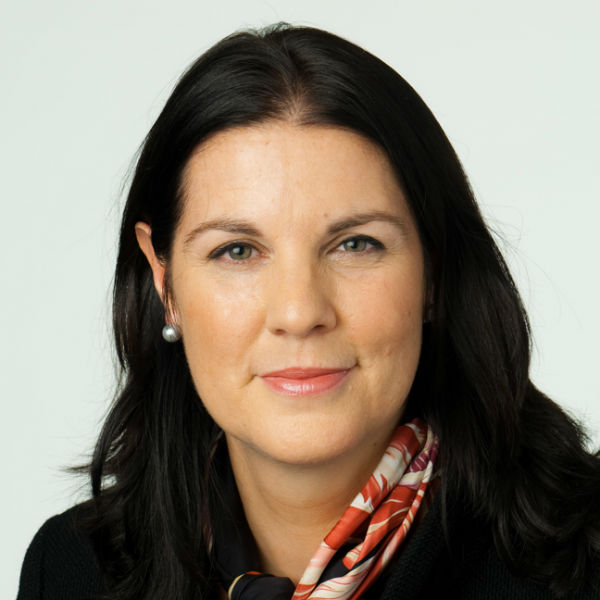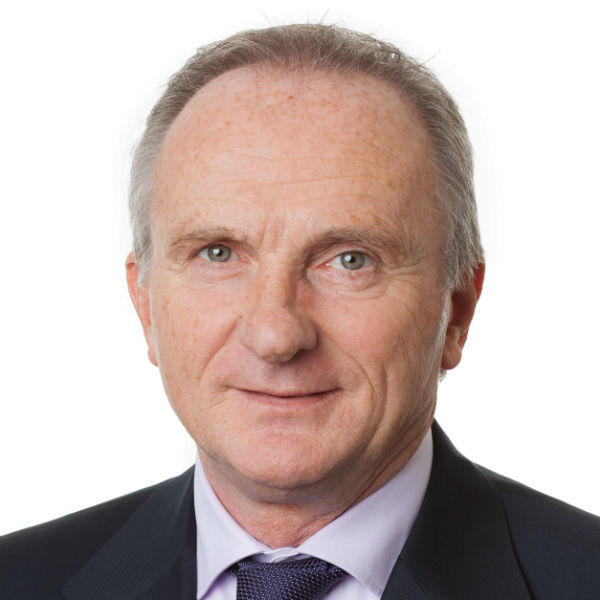Citi and Equens: the end of the beginning for SEPA
With fixed dates for SEPA migration and compliance, the European Parliament has created clarity, a sense of urgency, and a concrete reason to reconsider business strategies. Karin Flinspach, EMEA head payments and receivables at Citi, and Equens CEO Michael Steinbach consider what changes SEPA will bring to the European payments landscape and what banks and corporates can do to adapt.
The Single Euro Payments Area (SEPA) is now the driving force that is changing how banks operate their processing infrastructures. It is helping to streamline euro payment processing for banks while also opening markets, allowing banks to compete for domestic cash management business across the 33 countries. However, the move to SEPA requires decision-making to reap the opportunities in the most efficient way; the SEPA schemes introduce new rules and processes, new instruments and changing liquidity requirements that need to be catered for within infrastructures. As a result, payment flows are being consolidated through major financial institutions such as Citi, which are 'direct participants' in SEPA clearing. Payment transaction flows from direct and indirect participants in their turn are processed via the CSMs of direct participants or via international payment processors - such as Equens - which literally play a central role in connecting all parties concerned.
In a challenging economic environment, corporates are similarly grasping the opportunity to reassess how they conduct their cash management activities. For those businesses that operate across multiple countries, managing varying processes - for example, accounts receivable - or those with multiple local bank relationships, SEPA offers a true opportunity to unlock trapped value through re-engineering. Working capital optimisation, process standardisation and efficiency gains are available at multiple points during SEPA adoption; however, a well-considered decision on the investment of time and resources is required. For banks, as for their corporate clients, 'Make or buy?' is the question. Working with a specialised partner such as a payment processor can prove beneficial to retaining a leading position on the market.
Citi chose to be a SEPA key participant from the start. What were your considerations and how did you operate?
Karin Flinspach: As a key participant shaping SEPA from the outset, Citi has continually invested in its SEPA infrastructure and capabilities to prepare and promote SEPA. By deploying resources, leveraging technology and focusing our people on the new schemes, we have sought to lead the industry towards SEPA adoption. Going live on the first day of the SEPA Credit Transfer (SCT) scheme and being the first bank to send a SEPA Direct Debit (SDD) through the new collection scheme, we have been actively pursuing new opportunities since the launch of the SEPA schemes in 2008. With a depth of presence across 23 SEPA countries, and market-leading capabilities - such as SEPA rule-book support, services to facilitate specific payroll requirements, and solutions for financial institutions - we have further deepened our market presence by serving our clients' domestic needs across Europe in addition to their global cash management requirements. To do this, we collaborate with Equens, the pan-European payment processor, which has played a key role in bringing us to where we are now.
What are the key elements of Equens' SEPA strategy?
Michael Steinbach: As Equens, we have also invested heavily in SEPA. As one of Europe's largest payment processors with a market share of over 15%, we supported the development of SEPA from the start and have already processed over a billion SCTs and SDDs. Thanks to our economies of scale, we are able to keep the investments in our future-proof SEPA platform on the required level and retain our leading position in Europe. This means that, by collaborating with us, banks can substantially reduce their internal complexity as they don't have to worry about always adapting and maintaining their infrastructures according to the yearly SEPA rule-book changes, as well as staying compliant with existing and upcoming regulatory requirements. In concrete terms, this means there's no longer a need to manage and staff the multitude of operational and regulatory payments projects, and allocate scarce expert knowledge to these projects. At the same time, it means lowering costs, and improving operational excellence and client satisfaction. What's more, with our expertise and our future-proof SEPA platform, we offer a solid base for product development. It is gratifying to see how Citi, as one of our key clients, is actively capitalising on this.
What are your views on innovation in relation to SEPA and how does Equens fit in?
KF: While SEPA introduces standardisation, it also offers a great opportunity to innovate and provide our client base with new and enhanced services. Clients affected by SEPA require the solutions and tools to drive efficiency and leverage the benefits of SEPA within their own organisations. At Citi, we have a clear focus on delivering additional SEPA value to our clients by providing leading centralised and local connectivity solutions, XML leadership, and account services across 23 SEPA countries. Citi has also invested in enriched SEPA statements and tools to support client reconciliation and offer best-in-class SEPA services to our clients. Equens will support Citi in the provision of core SEPA processing, providing additional scalability, adaptability and economies of scale for our SEPA solutions.
While fundamental SEPA processing works the same way throughout Europe, recent years have seen the emergence of country variations due to local legislation and legacy market practices. Equens has been a long valued and reliable processing partner for Citi across several countries; it was a natural step to extend this relationship for SEPA processing.
What will 1 February 2014 mean to the European payments landscape?
MS: It will simply be the end of the beginning for SEPA. With harmonised legislation and payment schemes, SEPA will provide organisations with the flexibility to operate their cash management activities irrespective of the location of their counterparts, standardise their processes and rationalise activities. While some barriers still remain to complete portability of account location, SEPA can facilitate streamlined cash management and more efficient processes.
KF: Post 1 February 2014, SEPA phase two will begin for many organisations that now move beyond basic SEPA compliance to examine if they can use the 'new normal' to conduct their cash management operations. Banks and our partners need to adapt to the new norm, supporting our clients' evolving requirements and continuing to look to the future. Citi, working with Equens, is in a great position to support its broad client base, grow its business and further build its leadership position in European cash management.


